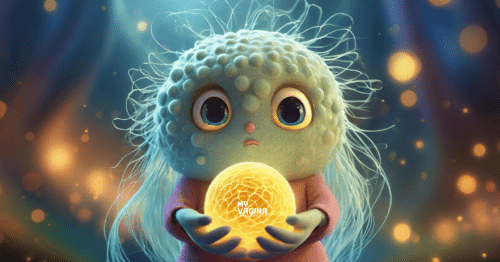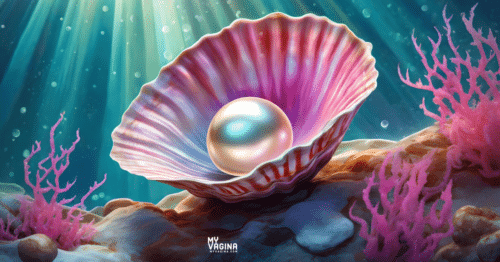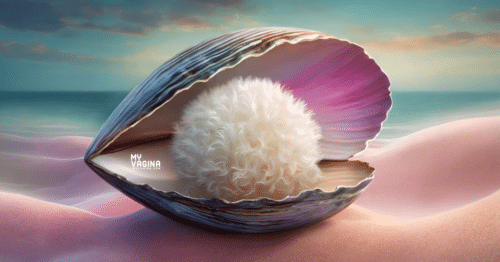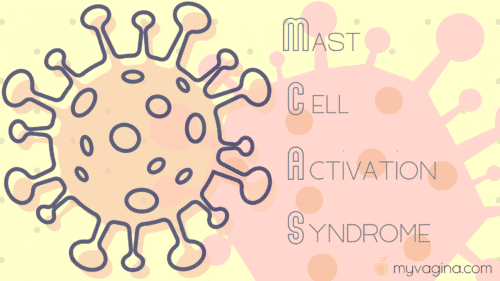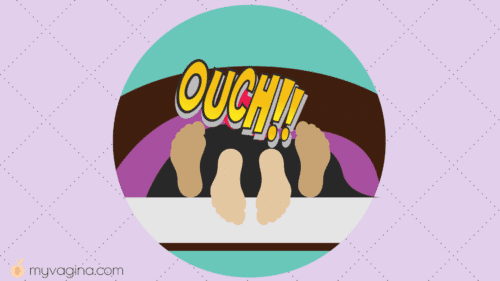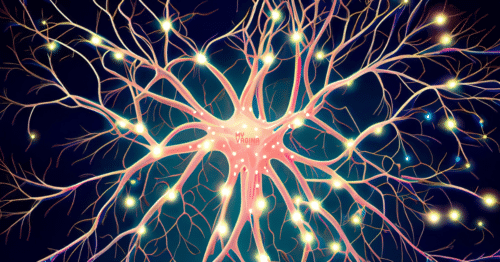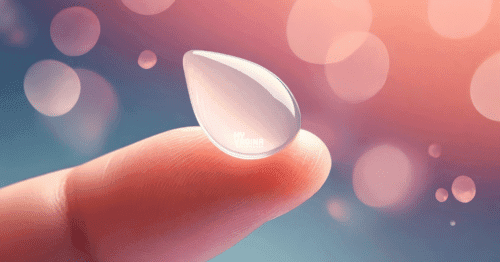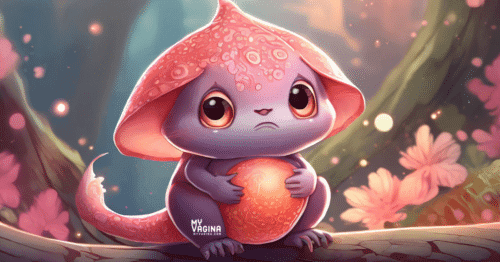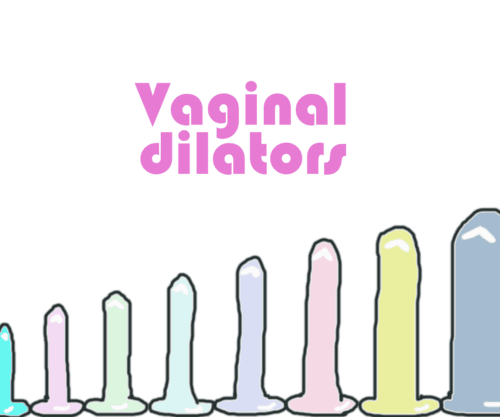Clitorodynia – clitoral pain disorder
Clitorodynia, a form of severe clitoral pain, can arise from various causes such as keratin pearls or nerve impingements.
Understanding and treating keratin pearls
Keratin pearls, tiny irritants formed by keratin and squamous cells, can cause significant clitoral pain.
Understanding and treating smegmatic pseudocysts
A smegmatic pseudocyst, often confused with a cyst, is actually an accumulation of smegma causing potential infections and discomfort.
Mast cell activation syndrome (MCAS)
MCAS is a condition whereby the histamine-producing mast cells across the body are activated, with very uncomfortable results.
Sexual pain study needs postmenopausal participants!
A study is seeking participants for a study on herbal medicine, a green tea extract, to eliminate sexual pain.
Sexual pain: what getting help looks like
When you have chronic sexual pain, getting help can feel hard, humiliating and endless. We've mapped out what getting help looks like.
Oxalates and vulvodynia
Oxalates are normal and natural, but if too many of them are making their way to the kidney and bowel, oxalates can affect the vagina.
Understanding pain receptors in vulvodynia that cause burning pain – the C fibre
There are certain pain fibres that cause the slow, long, burning pain of vulvodynia. Understanding a these fibres can shed some light on vulvodynia.
Understanding and treating hormonal vulvodynia
Vulvodynia may have hormonal roots, ranging from being on the the pill , taking certain medications. or having lost an ovary or breast to cancer.
Congenital or acquired neuroproliferative vulvodynia
We take a look at neuroproliferative vulvodynia, where there are too many pain-sensing nerve-endings around the vaginal entrance.
DEADLINE SEPT 2018 National Vulvodynia Association (NVA) Invites Medical Research Proposals on Generalised Vulvodynia
The National Vulvodynia Association is seeking research proposals on the causes or treatment of generalised vulvodynia, with $50,000 in research grants available.
USA: painful sex and have Medicare? Your treatment is NO LONGER excluded from Medicare Part D
If you are menopausal, are experiencing pain during sex, and have Medicare in the USA, your drug treatments are covered.
Female smegma: causes, hygiene and how to clean safely
Female smegma buildup under the clitoral hood explained — what it means, why it happens, and safe cleaning tips.
Allen-Masters syndrome
Allen-Masters syndrome is characterised by pelvic pain caused by trauma.
Vaginal dilators and dilation
We discuss the uses of vaginal dilators, including recommendations by experts on how to use dilators. Dilators are used in women whose vaginal canals have shrunk and thickened, or were not large to start with. There are many conditions that benefit from gradual stretching of the vagina.
Removing vaginal pain or numbness from cycling
Cycling - long-distance or at the gym - can cause your vulva to become irritated, inflamed, numb, or painful.
Interstitial cystitis
Interstitial cystitis is a painful bladder condition with no known cause, whereby the bladder becomes inflamed and painful. There are a variety of treatments available, but no total cure.
MRKH syndrome
MRKH syndrome is a congenital abnormality, whereby the uterus, top part of the vagina, and cervix do not exist or are very small. Ovaries are usually normal, since the ovaries run off a different system.
Vulvovaginal-gingival lichen planus (or syndrome) (VVG-LP)
Vulvovaginal-gingival syndrome (or vulvovaginal-gingival lichen planus) is a rare variety of lichen planus affecting both the mouth and the vulva/vagina.
Vulvovaginal lichen planus (LP)
There are several different types of lichen planus, a lichenoid condition that can affect the vulva and the mouth. Lichen planus can affect keratinisation of the skin on any part of the body, causing thickening and hardening of skin.
- 1
- 2


